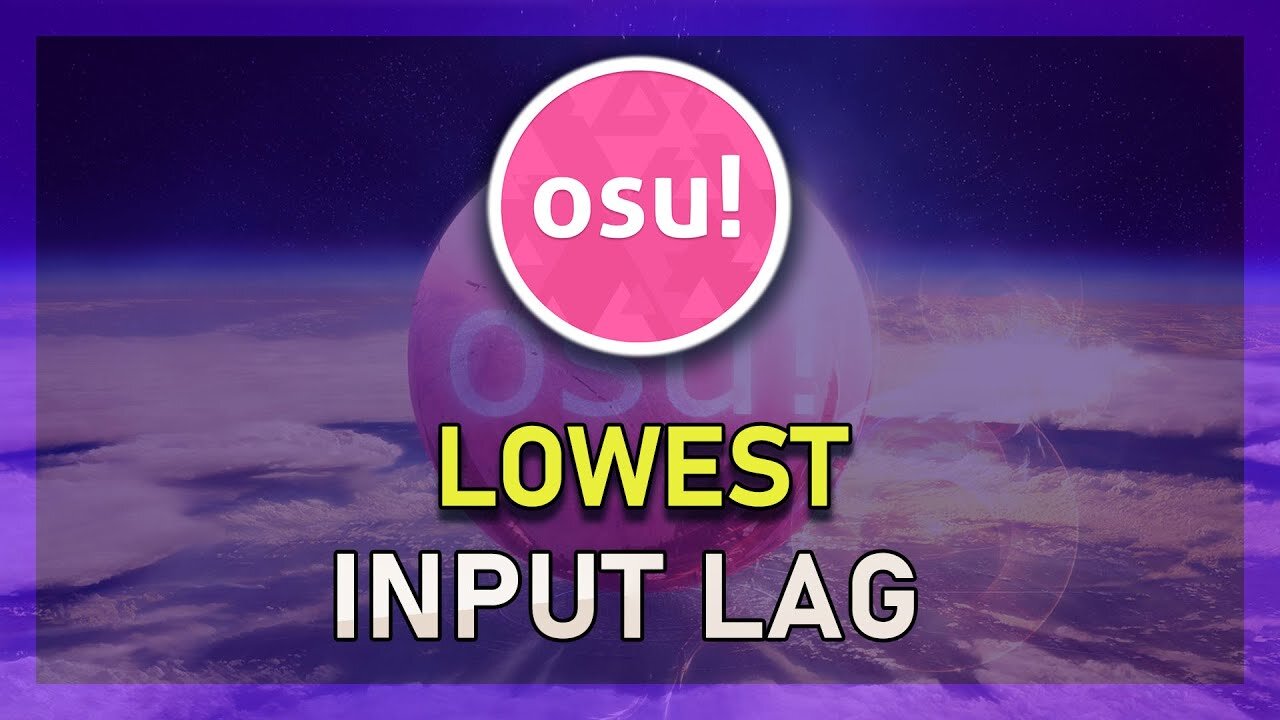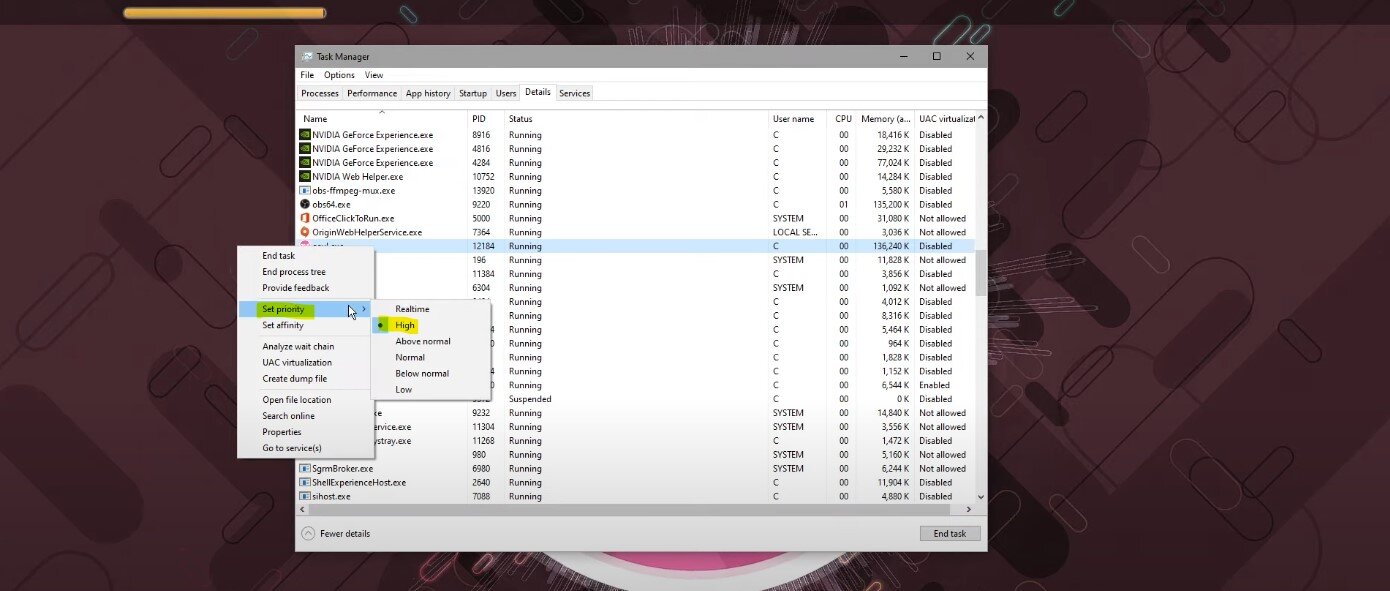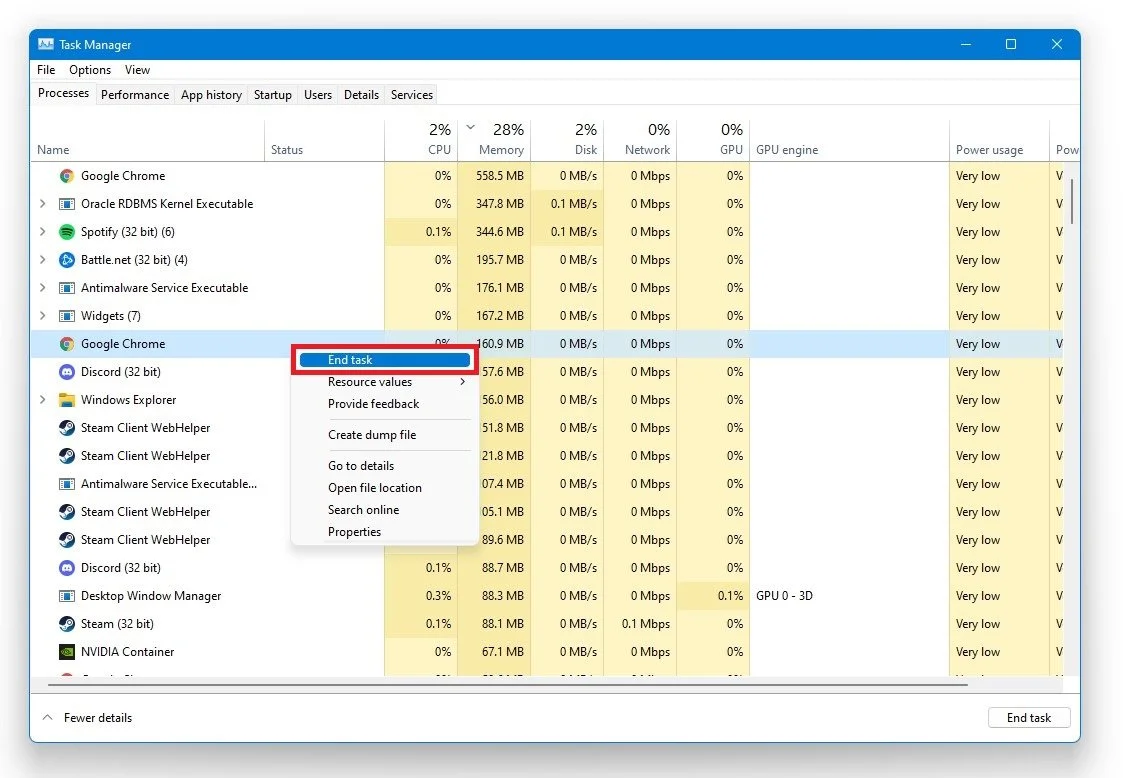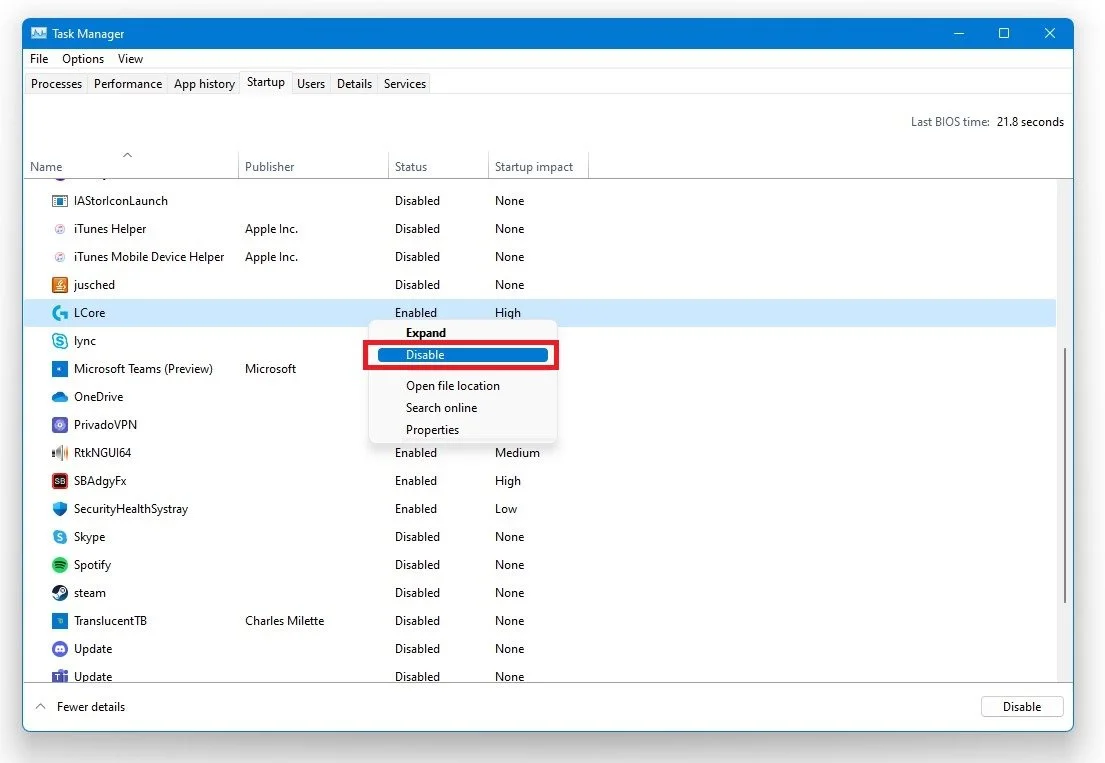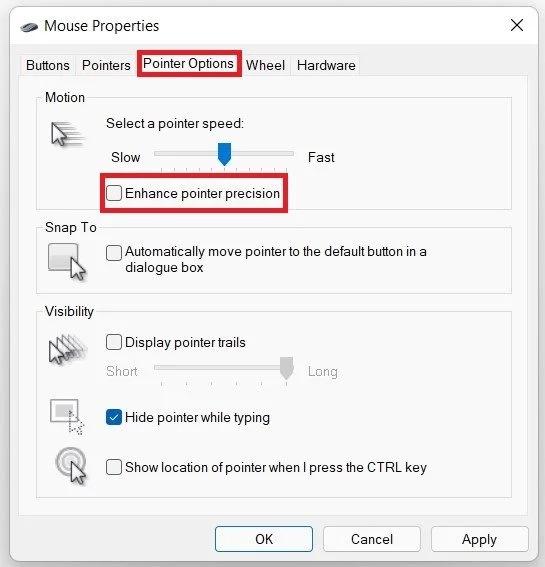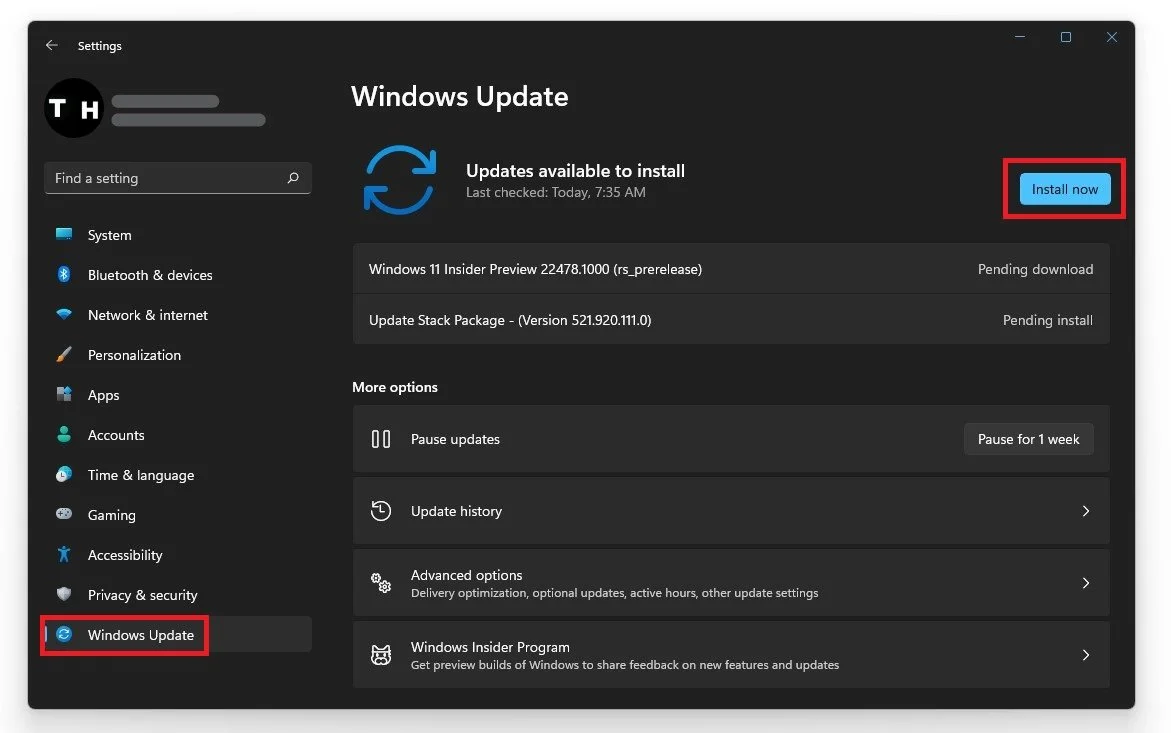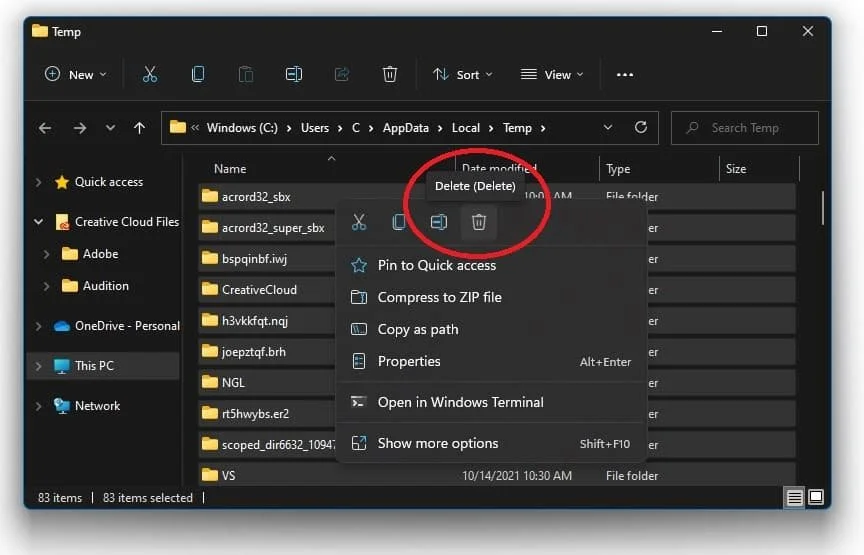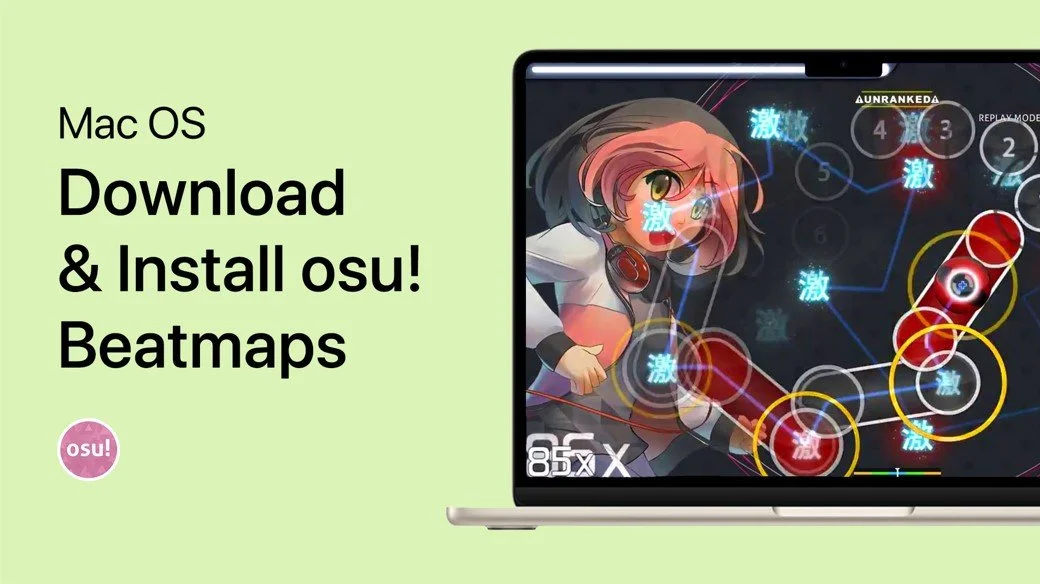osu! - How To Get The Lowest Input Lag (ms.)
Are you tired of experiencing input lag while playing osu!? Look no further because we've got you covered! In this article, we'll explore some effective techniques to help you achieve the lowest possible input lag (ms) in osu!. Whether you're a beginner or an experienced player, understanding the impact of input lag on your gameplay can make a significant difference in your performance.
Adjust the osu! In-Game Options
Graphics Settings
Open up osu! and navigate to your Settings. Under Renderer, make sure to set this option to Unlimited during gameplay. Disable Compatibility mode unless you have screen or audio issues, as well as the Reduce dropped Frames option. Under Layout, play in your native monitor resolution and fullscreen mode.
Adjust the osu! graphics and renderer settings
Detail Settings
To reduce your input lag even more, disable some Detail settings, such as storyboards, the background video, shaders, and the softening filter. Under Mouse, make sure to enable the Raw input option. This can sometimes increase your input lag, so I suggest toggling this option to see what works best for you.
Adjust the osu! Process Priority
Leave osu! running and open up your Task Manager. In the Processes tab, right-click osu! and select to go to Details. In the Details tab, the osu.exe application should be highlighted. Right-click the process and set the priority to high. This will allocate more resources to playing the game and should increase your performance, especially if other programs run in the background.
Task Manager > Details > osu.exe > Set Priority > High
End CPU-Intensive Processes
To reduce the CPU utilization from other programs, we suggest you end some programs from running in the background, which you don't need when playing the game. But make sure only to end programs from running, that you know won't break your operating system.
Task Manager > Processes > End Task
In the Startup tab, you can additionally prevent programs from starting up on system boot. You can now close the game and exit out of your task manager.
Task Manager > Startup
Optimize the Pointer Settings
In your taskbar search, enter Mouse to open up your Mouse system settings window. Navigate to Additional Mouse Options, and on the window, under Pointer Options, adjust the pointer speed to your liking and disable the Enhance pointer precision option, which will just enable mouse acceleration and potentially increase input lag.
Mouse Pointer > Pointer Options
Disable Xbox Game Bar Recording
Search for Game Bar to open up the game bar system settings. Uncheck the Recording option, and disable the background recording option in the Captures tab. These settings will only reduce your performance. If you want to record your gameplay, we suggest using OBS Studio, or an external capture card if you lack performance.
Windows Settings > Gaming > Game Mode
Update Graphics Card Driver
Ensure your graphics driver is up to date. We suggest using the GeForce Experience application for an NVIDIA GPU, but you can also use the AMD driver suite. This tweak can make the most significant difference depending on how frequently you update your GPU. In the Drivers tab, click Download, and the application will automatically download and install the latest driver.
GeForce Experience > Drivers > Download
Update your PC’s Operating System
Search for Update to open up your Check for updates system settings window. Click on Check for updates, and after downloading the latest OS update, restart your PC.
Windows Settings > Windows Update
NVIDIA Control Panel Improvements
Right-click your desktop and select the NVIDIA Control Panel. You can do the same step with the AMD driver suit.
Navigate to Manage 3D Settings and then Program Settings.
Select Add a program to customize and then add osu! from the program list.
Ensure that the CUDA setting is set to your primary GPU,
set the Power management mode to prefer maximum performance, and
set the texture filtering quality to the performance.
NVIDIA Control Panel > Manage 3D Settings
Delete the Windows Temporary Files
Delete your temporary files, as these can induce lag if your hard drive is cluttered. Search for %temp% and hit enter. A new folder will open up, which contains all of your temporary files, saved by your programs, and should be deleted. You can safely delete everything in this folder. Some files might remain, so leave them there.
Delete the content of your %temp% folder
Use Less Demanding osu! Skins
Changing skins in osu! will alter the visual effects and hit sounds of your gameplay. Click here to visit our osu! skin collections, or select the picture below. You can select from a range of different skins with different modes or different players.


